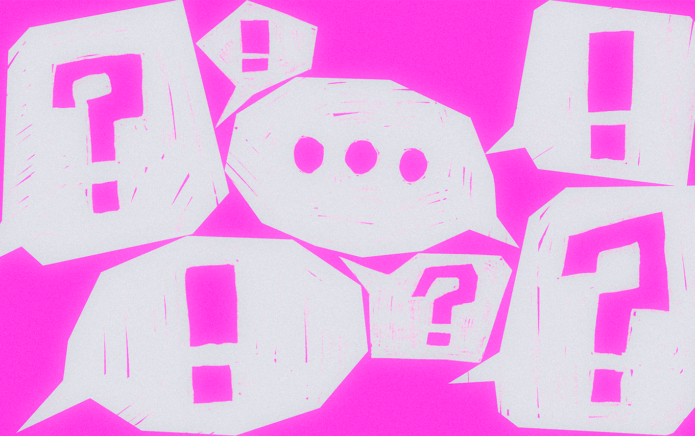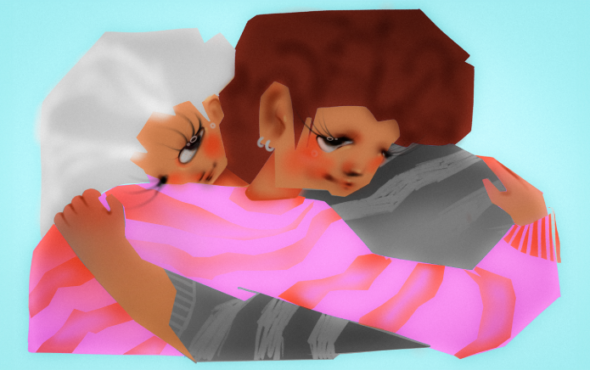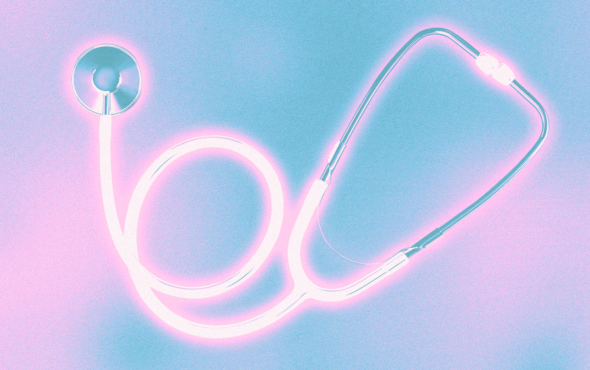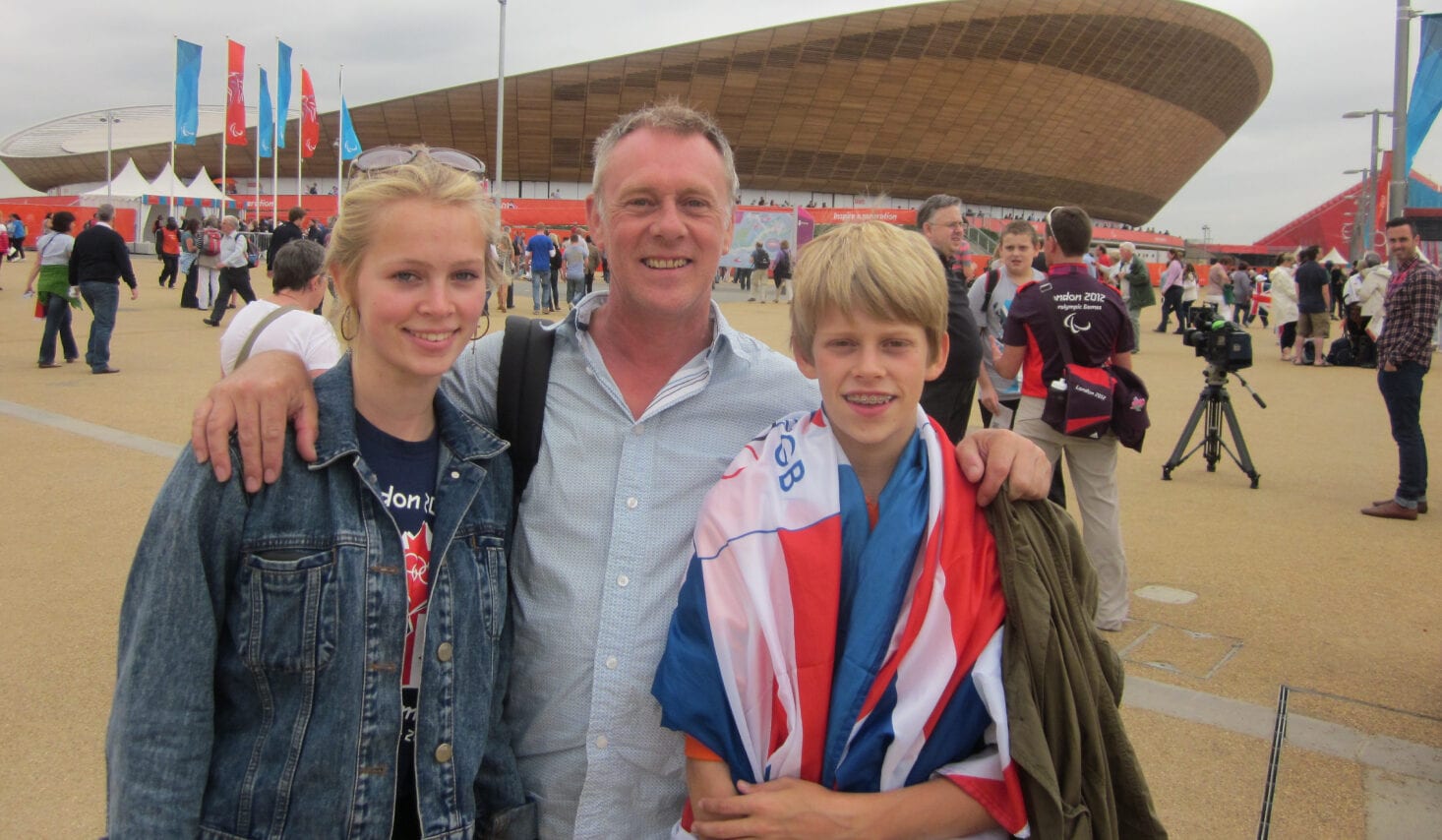
If you identify as LGBTQ+, chances are you have experienced some form of lesphobia, homophobia, biphobia or transphobia at some point during your life.
Even if you grew up in a relatively progressive environment, there were probably times growing up you heard slurs and stereotypes – and, let’s be honest, it’s hard for none of this to become internalised. At least it was for me.
As part of the #YoungerMe campaign by Just Like Us, the charity for LGBTQ+ young people that I volunteer with, I’ve decided to open up about my experiences growing up and dealing with internalised homophobia.
When I was growing up, the topic of LGBTQ+ identities was barely spoken about and the only time anyone used the word ‘gay’ was as an insult. This gave me the very false impression that being LGBTQ+ was something to be ashamed of. And so I just tried to fit in.
Internalised homophobia is something I have struggled with and still struggle with. I felt so much shame around being gay that, after realising I wasn’t straight, I waited five years to tell anyone.
When I was growing up, the topic of LGBTQ+ identities was barely spoken about and the only time anyone used the word ‘gay’ was as an insult.
Some of my friends at school would make negative comments about LGBTQ+ people and treat sexuality as something to gossip about. This led me to believe that their response to my coming out would be negative, and made me ashamed of this part of myself that meant I was different.
When I finally came out, I was hugely relieved – but this shame was far from gone.
Internalised homophobia manifests itself in many ways. For me, it reared its ugly head in the form of perfectionism.
I always felt like I had to work harder at my studies, be fitter and achieve more than straight people to ‘make up’ for my deviation from this societal norm. Subconsciously, I believed that if I got good grades, was smart, social, and physically fit enough, this would ‘compensate’ for my gayness.
Looking back, I realise I put pressure on myself to overachieve because I felt like being gay was a failure in society’s eyes.
I spent so much time and energy working, training and studying, but however much I achieved it never felt like it was enough. This resulted in a perpetual state of burnout, all because I’d been conditioned to feel that I had to prove myself to be equal to straight people.
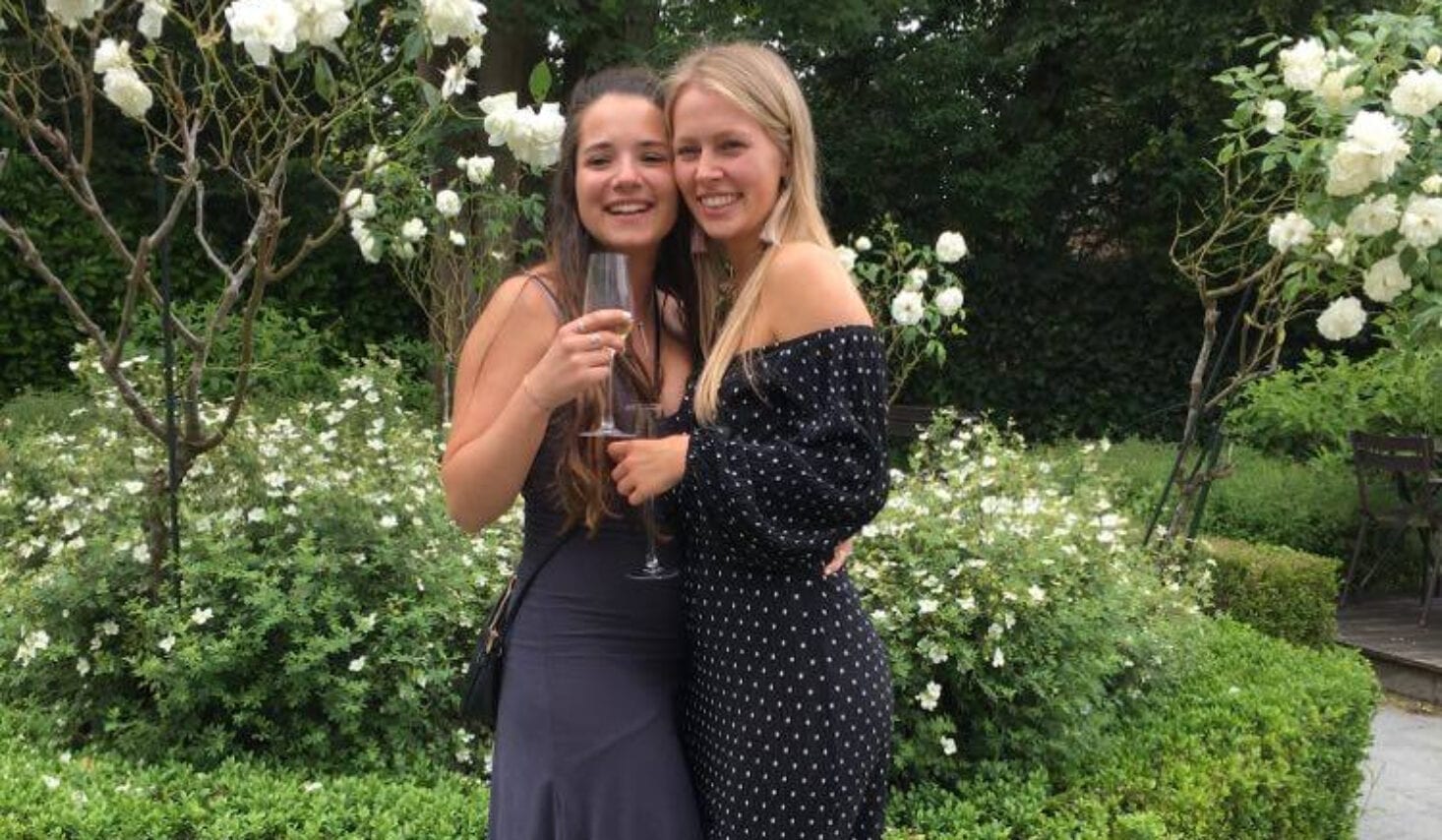
Another way internalised homophobia seeps into you is trying to dissociate yourself from gay people who ‘look gay’. After coming out, I prided myself on being gay but ‘straight-presenting’.
I tried to overcome my internalised homophobia by convincing myself that it was OK to be gay simply because I dressed feminine and was therefore more ‘normal’. If I couldn’t be straight, I wanted to at least blend in.
Now time has passed and I’ve worked through this, I regret these supercilious judgements I projected on other LGBTQ+ people. It was harmful not just to me but to our whole community.
I’ve realised that none of the stereotypes matter anymore – instead we need to focus on solidarity and to celebrate our diversity.
My advice to anyone who is thinking they might be going through this process? Be open to addressing the homophobia thoughts within yourself. You might have been bombarded with negative messaging about being LGBTQ+ so it’s no wonder some of this worked its way in.
Although for me it is unlikely that internalised homophobia will ever totally disappear – it is a lifelong journey for myself and many LGBTQ+ people – we can work to diminish it, for the benefit of ourselves and others.
I’d been conditioned to feel that I had to prove myself to be equal to straight people.
Work through the shame and know that being LGBTQ+ is truly something to be celebrated – that’s something I really learnt while volunteering with a charity called Just Like Us.
Becoming an ambassador massively contributed to my own self-acceptance. With a whole community of other LGBTQ+ young people, I now speak in schools about my story.
Providing positive representation and making education more inclusive helps give me hope. I know that if a Just Like Us ambassador had come to my school and spoken openly, with positivity, love and support about LGBTQ+ identities, it would’ve had a hugely positive impact on the way I viewed my sexuality.
More importantly, it would likely have reduced my internalised homophobia.
During my ambassador training with Just Like Us, they asked me what I’d tell my younger self. If I could speak to my 12-year-old self, I would tell her that being gay is not a barrier to happiness and success in life. Being gay is a small – and brilliant – part of the wonderful and multi-faceted person that you are.
As human beings, we have innate worth and value simply by being alive. This is not affected by your gender identity or who you love. So stop beating yourself up about it and embrace the remarkable person you truly are.
For more information about Just Like Us and their #YoungerMe campaign, visit their website here.
